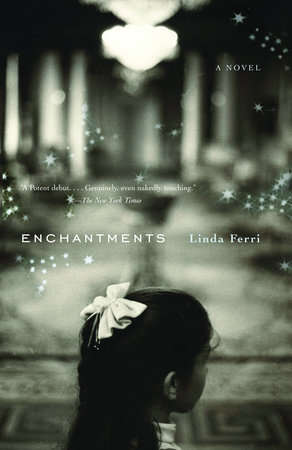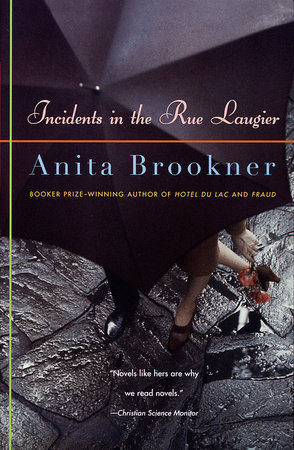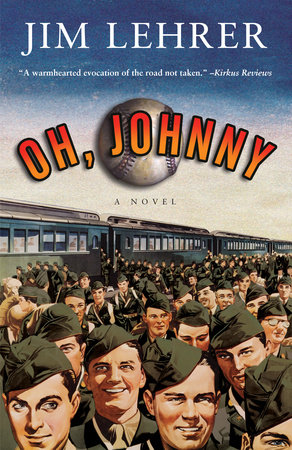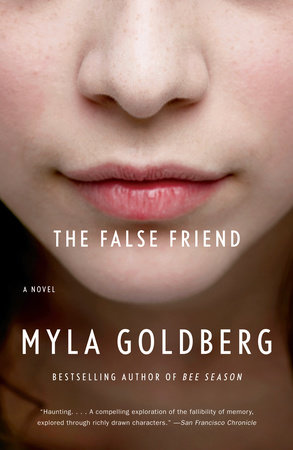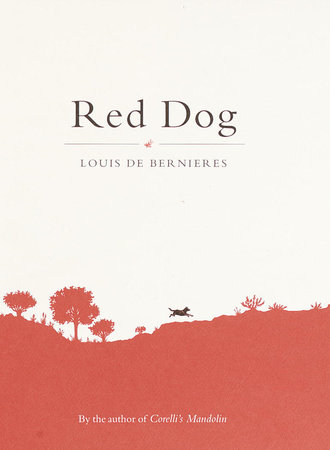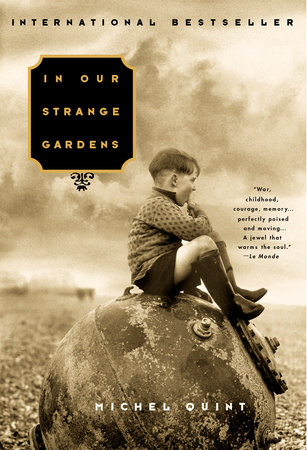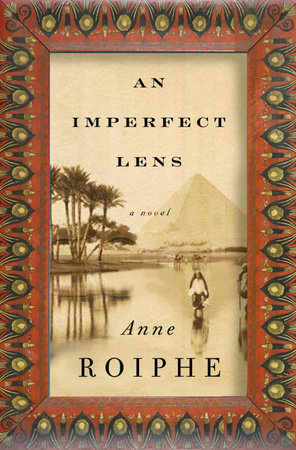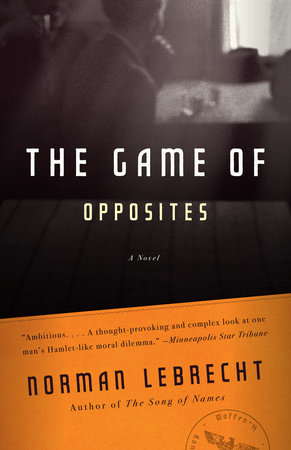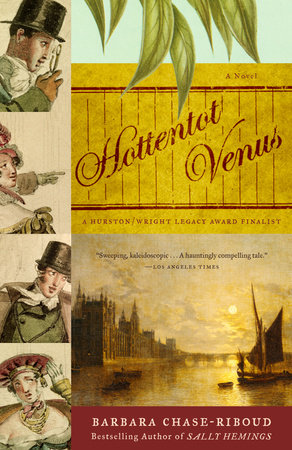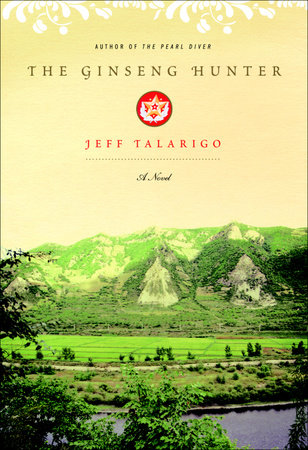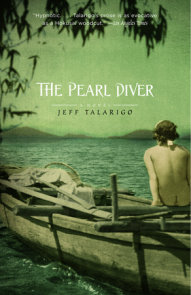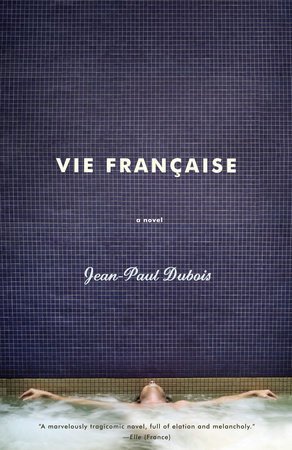Author Q&A
Interview with Jeff Talarigo
Q: What inspired you to write THE GINSENG HUNTER?
What struck me most about this story was the fact that, between 1995 and 2003, some ten percent of the population of North Korea had either died of starvation or had fled across the Tumen River into China, yet very few people in the world knew about the story, or, we chose not to know about it. Even the United Nations has yet to classify them as refugees.
Q: What research went into the novel? Did you travel or visit the locations mentioned in the book?
I was fortunate to be living in Japan at that time and from there I spent about six months studying the history of the China/North Korea region, the roots of the current problem, and spoke with second and third generation Koreans living in Japan.
In September of 2003, I went to northeast China and backpacked along the Tumen River, which is the border between China and North Korea. I walked about ten to fifteen miles each day and took many photos of the frontier and the North Korean soldiers and the villages along the border (please see my website www.jefftalarigo.com).
The main purpose for the trip was to find a setting for the novel, an isolated place for my ginseng hunter character to live. I also spent about a week in the Chinese city of Yanji, a bilingual city of about 350,000 that is located twenty miles from North Korea, and in the Chinese city of Tumen (pop. 30,000), which is one of only two official border crossings. Both places figure heavily in The Ginseng Hunter.
The one thing that I most love about going to the places I am writing about is that I am able to witness history as it is happening.
Q: How did you research? Did you interview modern day hunters? Is there generally a family legacy behind hunting ginseng?
Much of my research on ginseng hunting was done prior to my trip, although I did visit ginseng shops in China, as well as, drink many different kinds of ginseng with a man in Tumen, who was my ginseng “expert,” although not a hunter himself. This region of China, the Changbai mountain range, has some of the world’s best wild ginseng. It’s funny, in my first novel The Pearl Diver, I wrote about pearl diving and I can’t really even swim all that well and now, here I am writing about ginseng hunting.
I never interviewed any hunters but I did observe them on their daily ritual, which is much more spiritual than I had imagined.
I am not that sure whether or not ginseng hunting has a family legacy behind it but it is — like pearl diving — a dying art, and it seems that many of these age-old occupations are multi-generational.
Q: The ginseng hunter is never referred to by name. Why did you decide to leave him nameless?
All the characters, in fact, are nameless: the lover, the girl, the farmer, the soldier in addition to the hunter. I chose not to give my characters names because I wanted to whittle this complex story down to the individual, to make the story as simple as possible, and more accessible to the reader.
Q: There is a growing sense of disquiet throughout the novel. With the flashback scenes of the mother and daughter in North Korea and the subtle changes the ginseng hunter begins to notice, an unease burgeons. Does your narration reflect how dictatorships increase their power and control? How so?
Dictatorships, or those who abuse power in any way, try to silence their populations. I have found this to be true in all the books I have written. In The Pearl Diver, the Japanese government tried to silence the leprosy patients by sending them away to islands; the North Korean government, in order to keep its reign on power, brutalizes anyone who doesn’t go along with its thinking or is in any way a threat to the regime; and in the novel I am writing now, on the Palestinians, the Israeli government, for many years, tried denying the fact that the Palestinians existed. All these people do exist and they have not been silenced, but rather, it is us who tend to ignore, for a variety of reasons, their pleas.
Q: Although THE GINSENG HUNTER is a novel, it is centered on research and contemporary issues facing the world. Do you believe that fiction can reveal a deeper truth than fact alone?
Much of the novel is based on fact, although I have taken some liberties with history, which is one thing that separates a novel from non-fiction. I have, however, been true to the essential facts and although not everything in the book may have happened, there is nothing in the novel that could not have happened given the circumstances in the two countries. Non-fiction and journalism recount a story, whereas fiction, I think, recreates the story and thus it can reveal a deeper truth.



